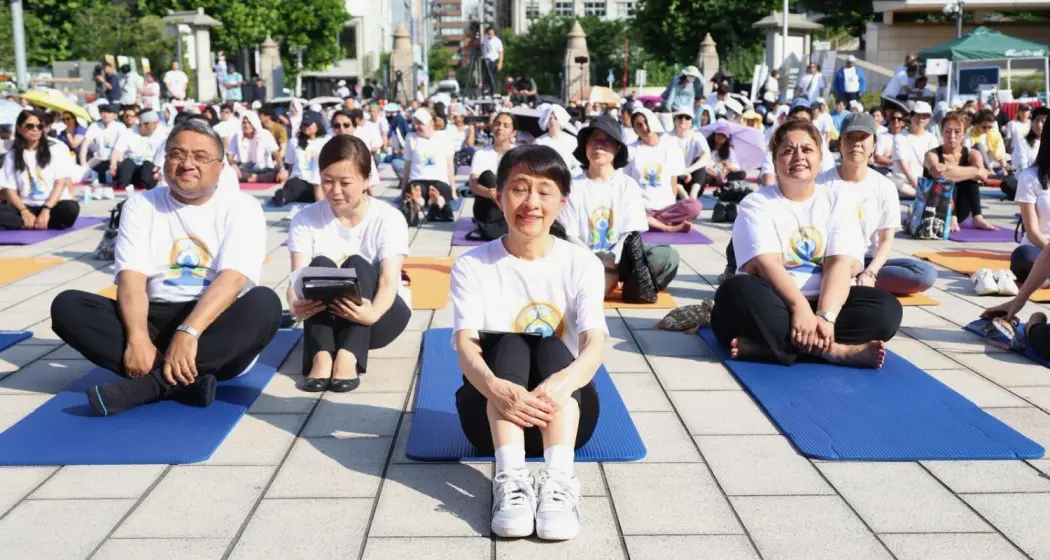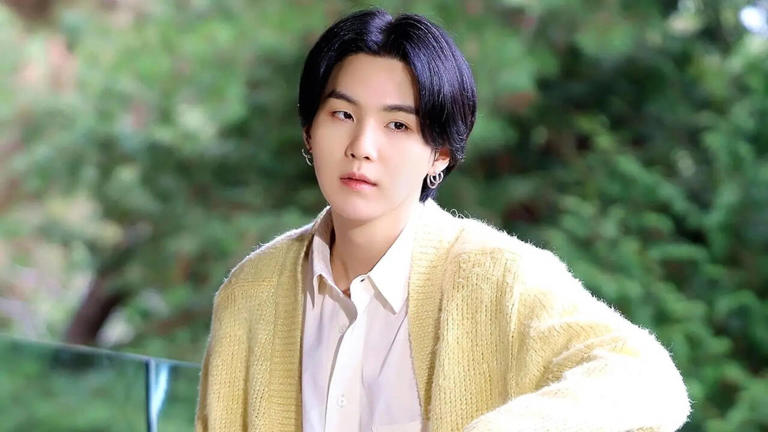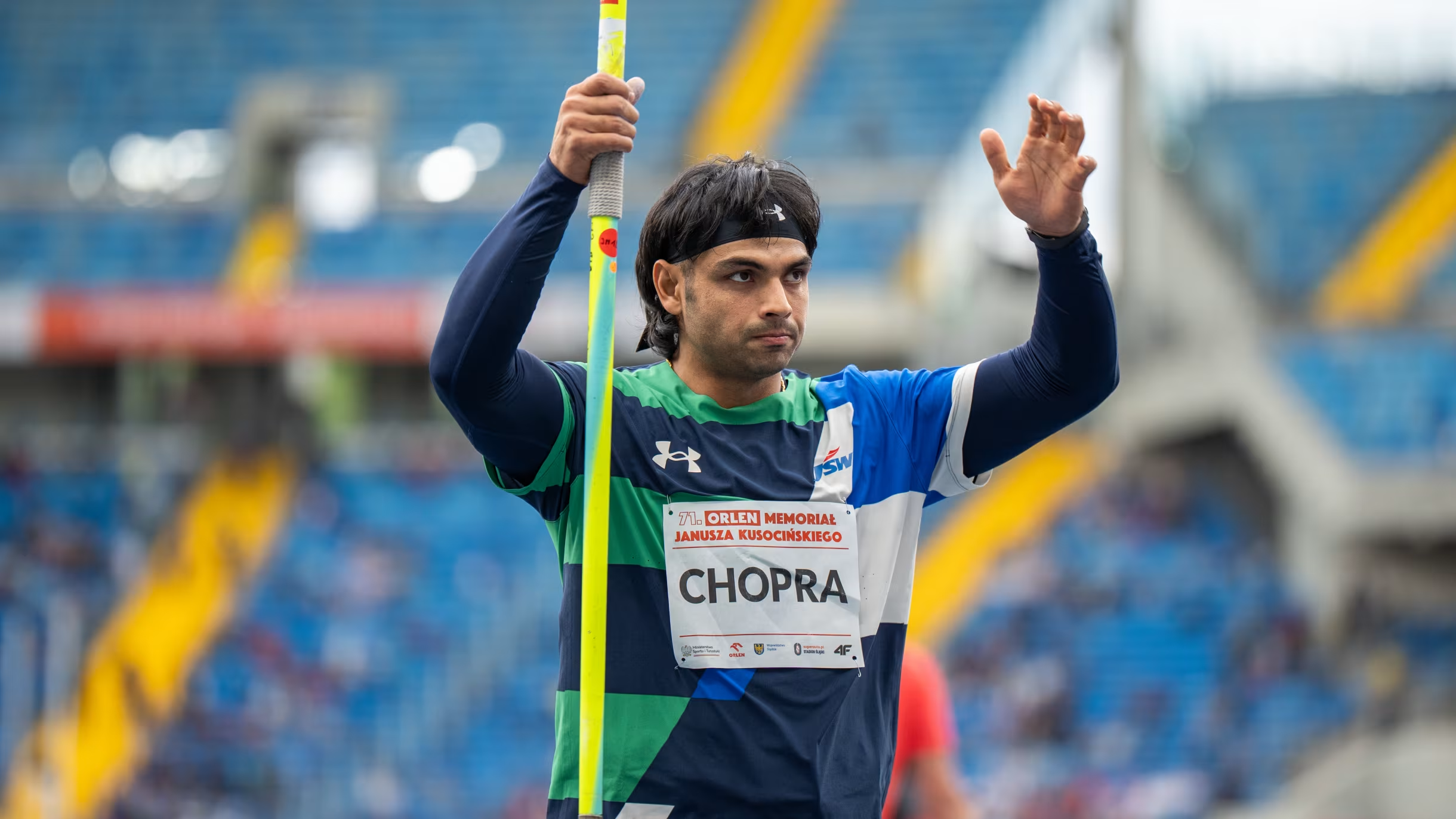Now Reading: Japan PM’s Wife Joins International Yoga Day, Highlights India’s Global Cultural Reach
-
01
Japan PM’s Wife Joins International Yoga Day, Highlights India’s Global Cultural Reach
Japan PM’s Wife Joins International Yoga Day, Highlights India’s Global Cultural Reach

In a unique gesture of cultural diplomacy, Yoshiko Ishiba, the wife of Japan’s Prime Minister, took part in the International Yoga Day celebrations, reinforcing the global appeal of India’s ancient wellness tradition. Her presence at the event symbolised the growing global respect for yoga and the deepening cultural ties between India and Japan.
This moment resonated especially in Indian cities where yoga is more than just fitness — it’s a way of life.
A Symbolic Participation
Held with great enthusiasm, the International Yoga Day event in Japan drew global attention as Yoshiko Ishiba participated alongside hundreds of yoga enthusiasts. Her involvement highlighted how yoga, rooted in India’s heritage, has grown into a worldwide practice embraced across age groups, regions, and cultures.
Observers noted that such participation by a prominent international figure reflected the soft power potential of India’s cultural exports.
India-Japan Relations Beyond Diplomacy
Yoshiko Ishiba’s presence at the yoga celebration also reflects the warmth and mutual respect in Indo-Japanese relations. While the two nations collaborate on economic and strategic fronts, cultural exchange remains an equally powerful bridge.
India’s Ministry of External Affairs has often emphasised the role of cultural diplomacy in foreign policy — and yoga continues to be at the centre of such outreach.
Yoga’s Rising Popularity in Smaller Indian Cities
While global figures take the stage abroad, the true impact of International Yoga Day can be seen in Tier 2 cities across India. From Surat to Mysuru, from Nagpur to Varanasi, thousands joined local yoga camps on June 21, promoting holistic health and mental well-being.
Educational institutions, housing societies, and even small-town municipal bodies organised free yoga sessions, showing how deeply yoga is woven into the daily rhythm of life in semi-urban India.
Youth and Wellness Movement
Yoga’s popularity among younger Indians is growing rapidly, especially as conversations around mental health and physical fitness gain momentum. In Tier 2 and Tier 3 cities, where lifestyle-related health concerns are rising, yoga is being promoted as an affordable and accessible solution.
Digital platforms and influencers from these cities are also contributing to this trend by simplifying yoga routines and making them relatable.
Conclusion
The participation of Japan’s First Lady in International Yoga Day underscores yoga’s growing influence as a global cultural connector. For India, especially its heartland cities, it serves as validation of a tradition that continues to unite health, heritage, and harmony — not just within its borders, but across the world.

























